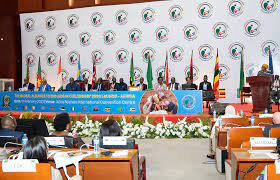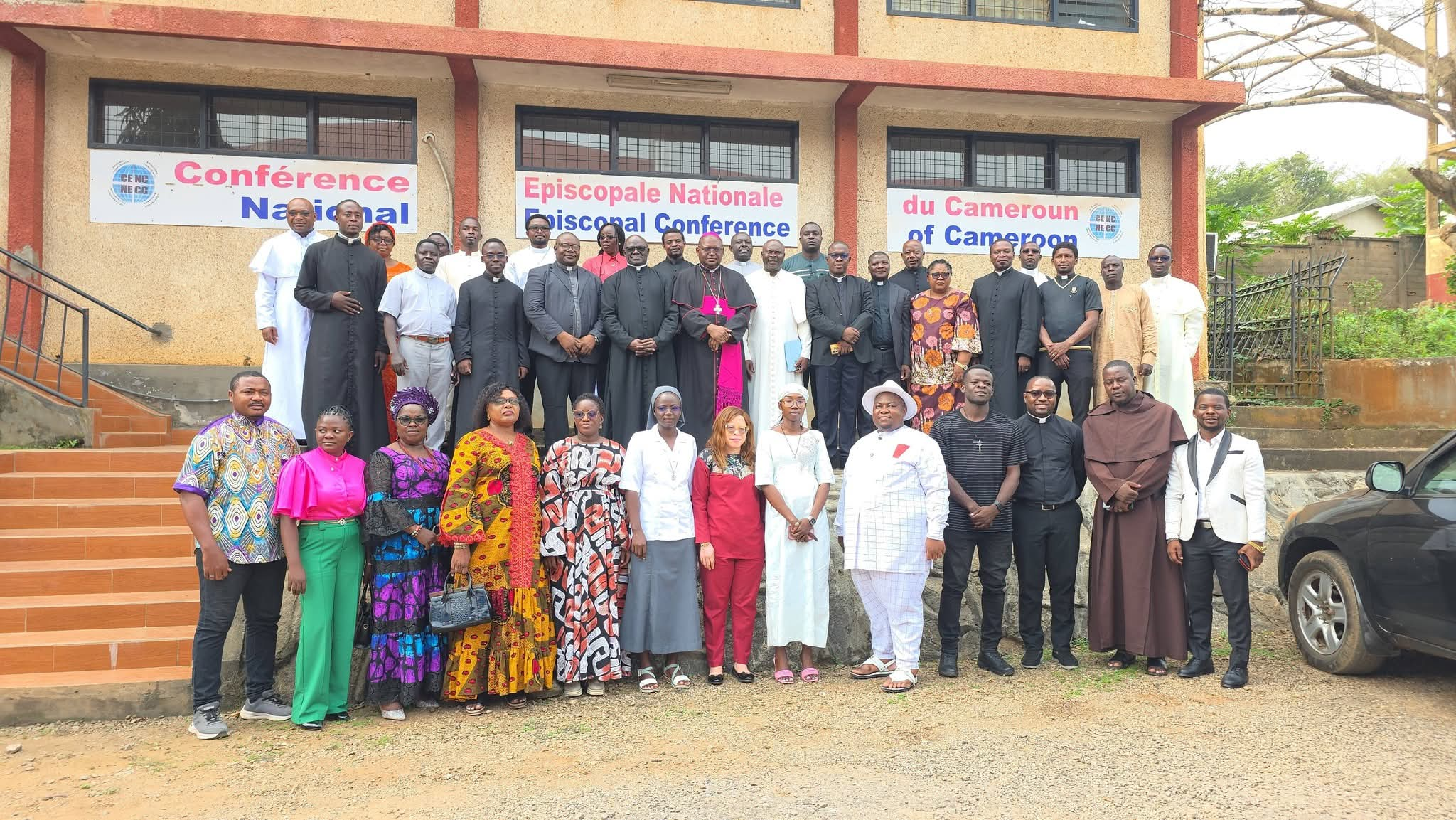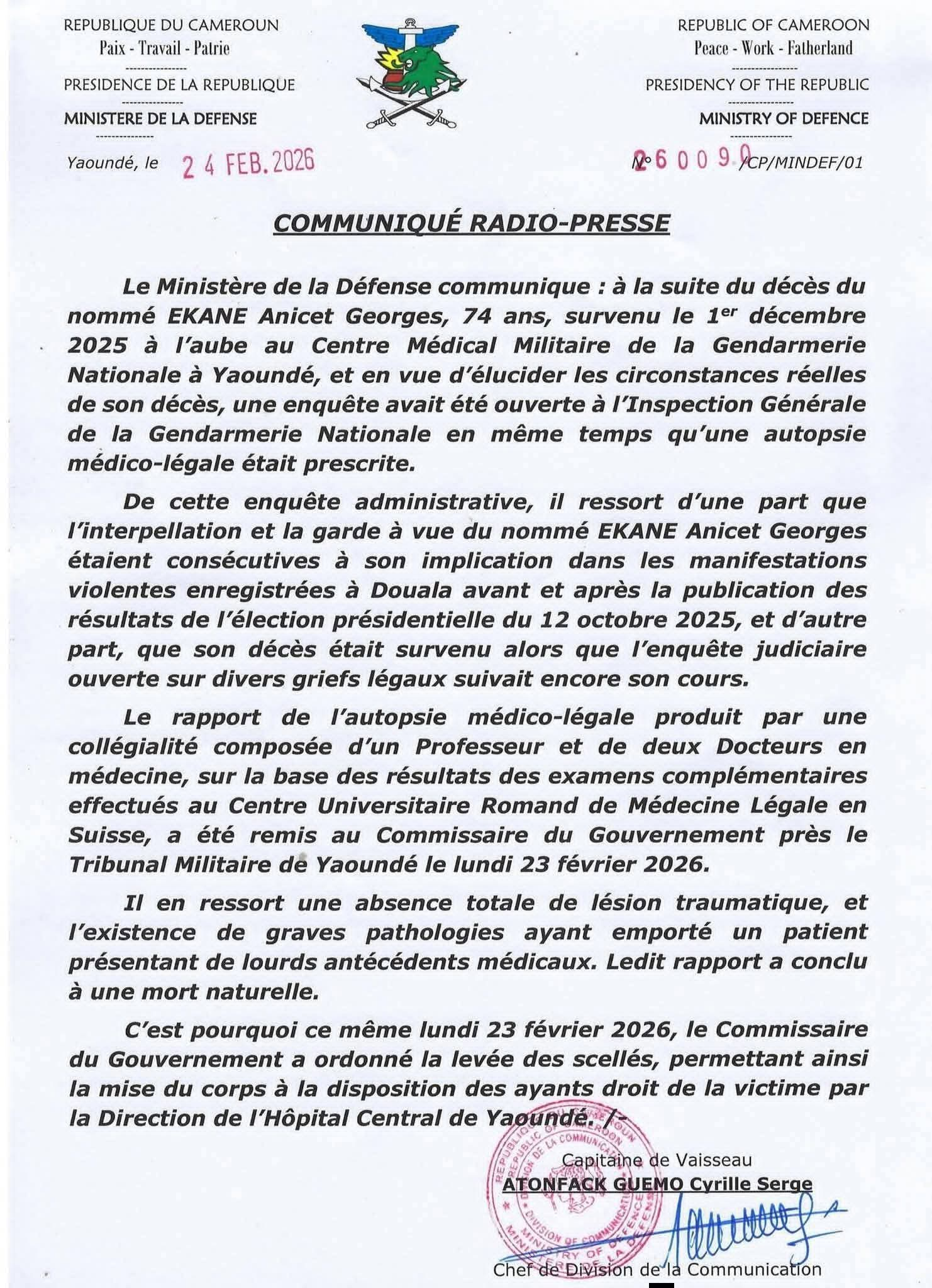Ministers and representatives from twelve African countries have committed themselves, and laid out their plans, to end AIDS in children by 2030. International partners have set out how they would support countries in delivering on those plans, which were issued at the first ministerial meeting of the Global Alliance to end AIDS in children.
The meeting hosted by Tanzania, marks a step up in action to ensure that all children with HIV have access to life saving treatment and that mothers living with HIV have babies free from HIV.
The alliance will work to drive progress over the next seven years, to ensure that the 2030 target is met, according to the World Health Organisation in a statement.
Currently, around the world, a child dies from AIDS related causes every five minutes.
Only half (52%) of children living with HIV are on life-saving treatment, far behind adults of whom three quarters (76%) are receiving antiretrovirals.
In 2021,160 000 children newly acquired HIV.
Children accounted for 15% of all AIDS-related deaths, despite the fact that only 4% of the total number of people living with HIV are children.
In partnership with networks of people living with HIV and community leaders, ministers laid out their action plans to help find and provide testing to more pregnant women and link them to care.
The plans also involve finding and caring for infants and children living with HIV.
The Dar es Salaam Declaration on ending AIDS in children was endorsed unanimously.
Tanzania’s vice president Philip Mpango said his country “has showed its political engagement, now we need to commit moving forward as a collective whole. All of us in our capacities must have a role to play to end AIDS in children. The Global Alliance is the right direction, and we must not remain complacent. 2030 is at our doorstep.”
Namibian First Lady Monica Geingos agreed. “This gathering of leaders is uniting in a solemn vow – and a clear plan of action – to end AIDS in children once and for all,” she said.
“There is no higher priority than this” she added.
Twelve countries with high HIV burdens have joined the alliance in the first phase: Angola, Cameroon, Côte d’Ivoire, the Democratic Republic of the Congo (DRC), Kenya, Mozambique, Nigeria, South Africa, Tanzania, Uganda, Zambia, and Zimbabwe.
The work will centre on four pillars across, early testing and optimal treatment and care for infants, children, and adolescents, closing the treatment gap for pregnant and breastfeeding women living with HIV, to eliminate vertical transmission, preventing new HIV infections among pregnant and breastfeeding adolescent girls and women, and addressing rights, gender equality and the social and structural barriers that hinder access to services.
Welcoming the pledge UNICEF’s Associate Director Anurita Bains said ”every child has the right to a healthy and hopeful future, but for more than half of children living with HIV, that future is threatened”.
”We cannot let children continue to be left behind in the global response to HIV and AIDS. Governments and partners can count on UNICEF to be there every step of the way. This includes work to integrate HIV services into primary health care and strengthen the capacity of local health systems” Bains said.




